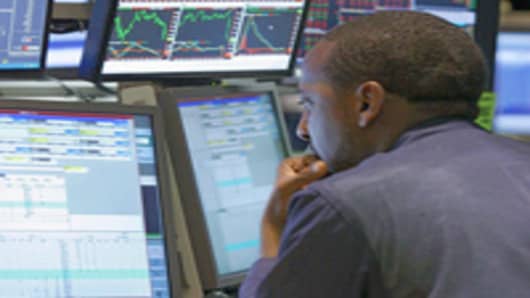In the last 30 days, the Dow’s volatility increased significantly and took investors on quite a roller coaster ride.
As such, I’m hearing from a lot of people who wonder what to do next.
I’m going to answer some of the questions I’ve received in upcoming issues of Investor Brief, so stay tuned for that, but first I want to share some words of wisdom from two of the best investors I know (both are contributors to my Wall Street newsletter).
In my recent conversations with them both, I asked what mistakes they see individual investors making right now.
Misunderstanding Momentum
Bill Nygren is a true value investor. His flagship Oakmark Fund is up 37% so far this year, more than double the S&P 500 and in the top 4% of funds of its type. He told me he often sees investors do the opposite of what they should do:
“I think the biggest mistake, Maria, continues to be becoming too momentum-focused based on where things have gone recently. So we see investors redeem their mutual fund shares after periods of bad performance instead of using those bad performance periods to opportunistically add to asset classes that had become more attractive.
“I think that's by far the biggest mistake investors make. It's the one that's most costly to their long-term performance, and it's one of the easiest to fix because you can fix it just by doing portfolio rebalancing that mechanistically forces you to sell areas that have performed really well and move the capital into areas that have performed more poorly.”
Bill brings up a good point.



